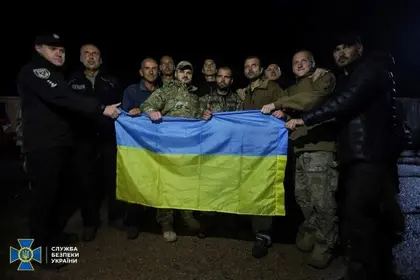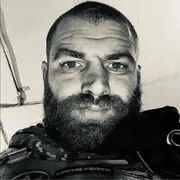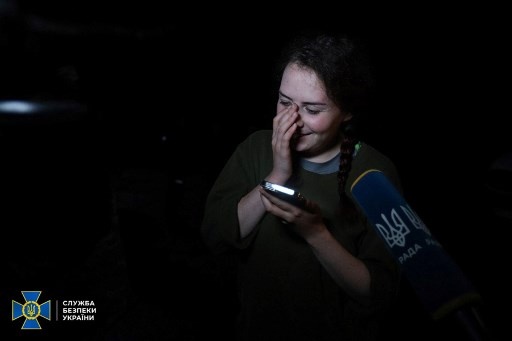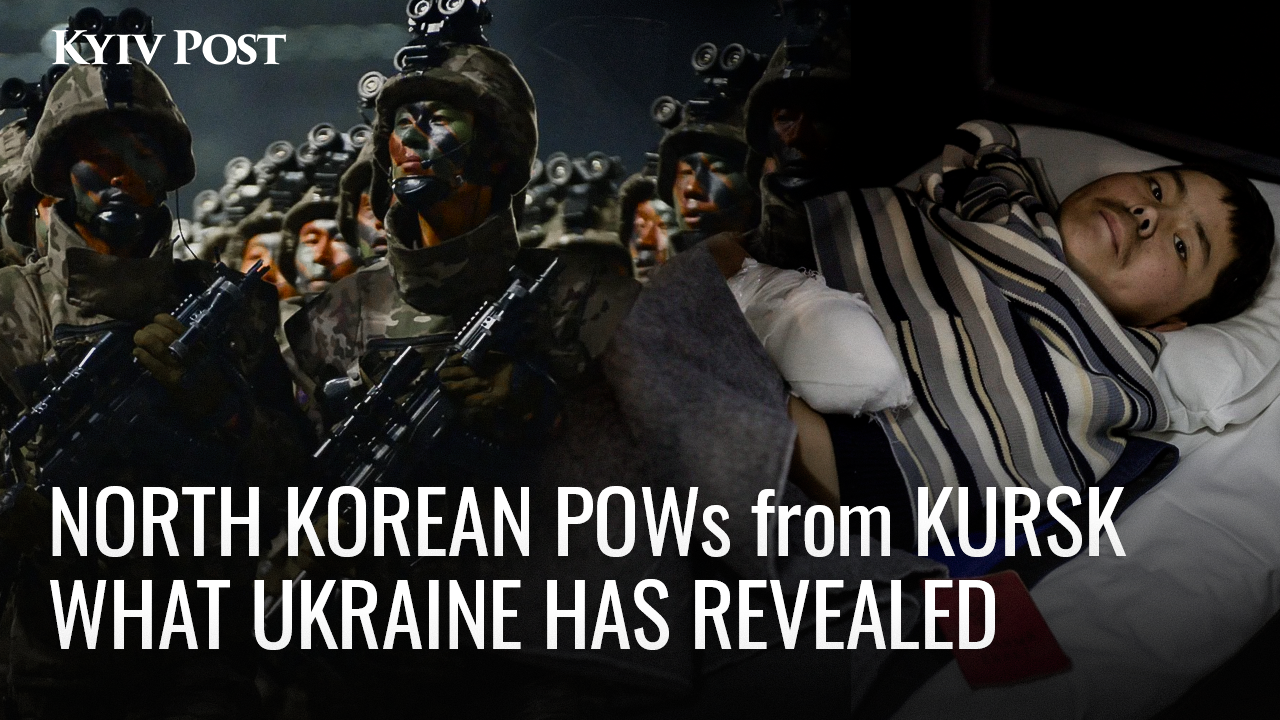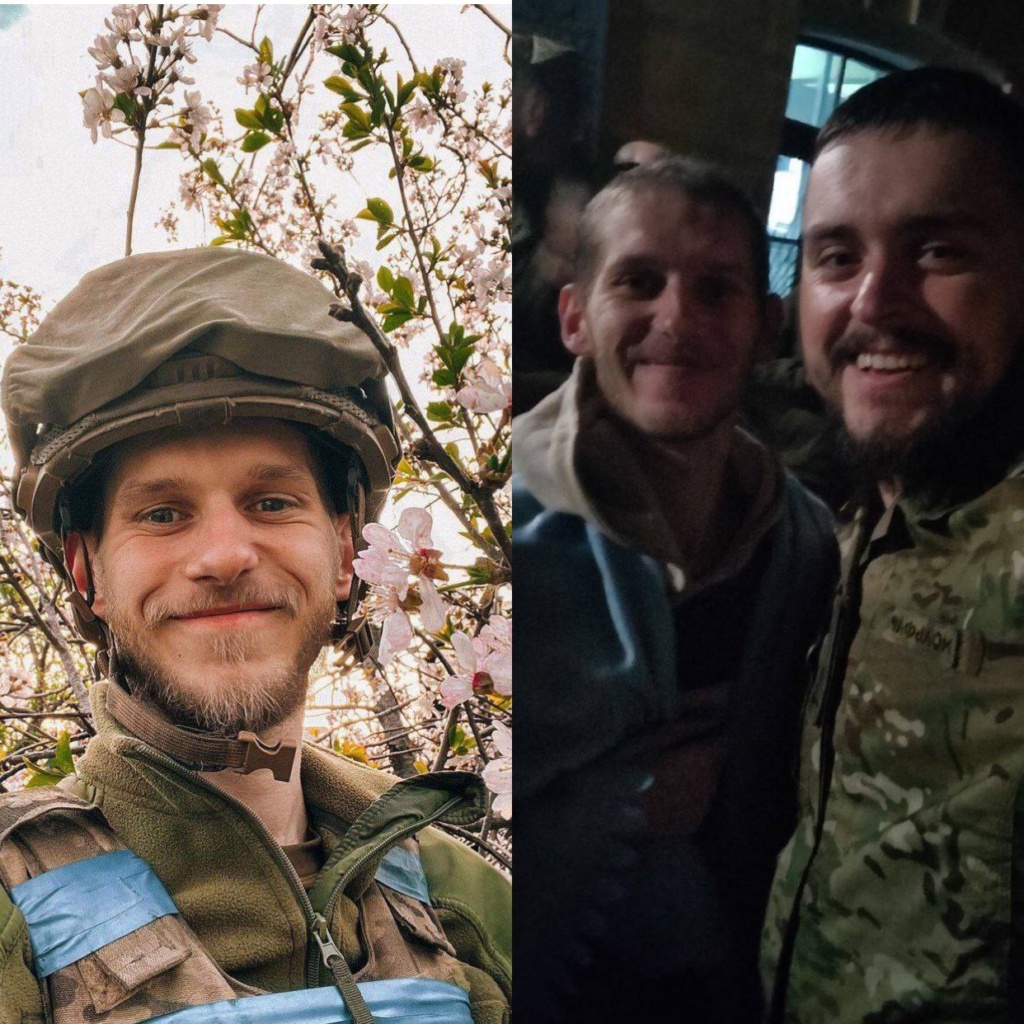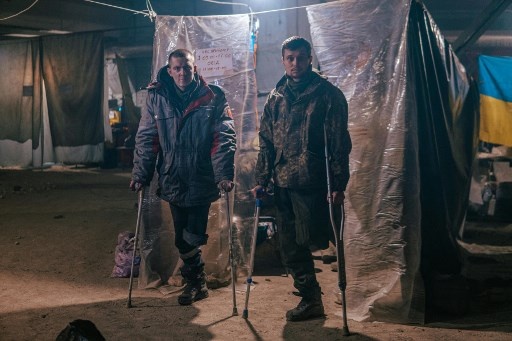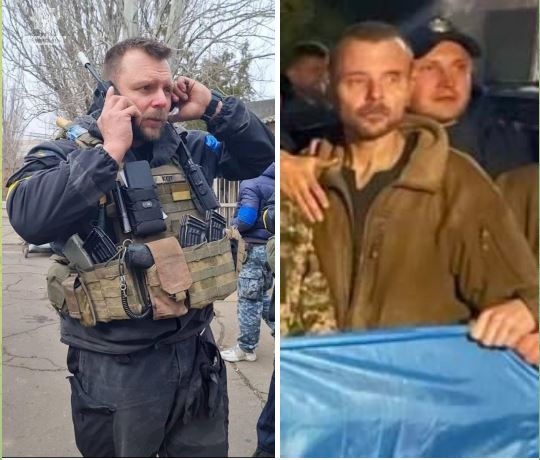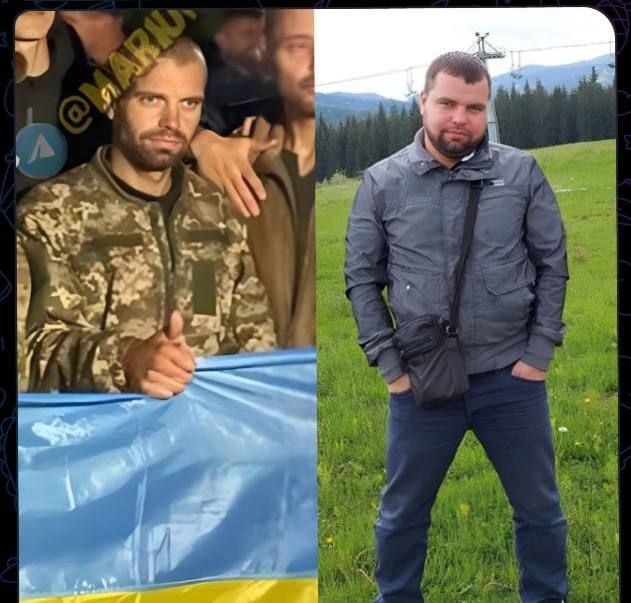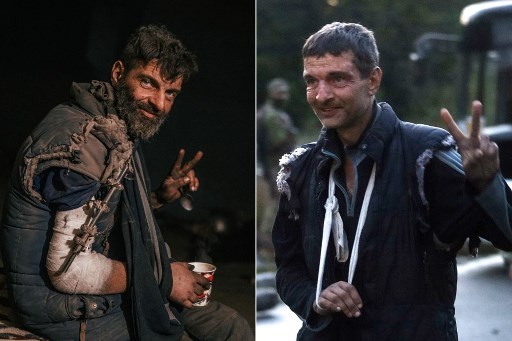Ukraine exchanged a record-high 215 imprisoned soldiers with Russia on Wednesday, September 21, including crack troops of the Azov Battalion who led the long defense of Mariupol’s Azovstal steelworks, which became an icon of Ukrainian resistance.
The defenders of Azovstal have become an example of invincibility and courage for the whole world and the worst enemies for Russia and its propaganda machine. Azov Regiment soldiers and other military personnel held the Azovstal and Mariupol plant defense for three months.
- View the latest war in ukraine update in the Kyiv Post’s news stories released today.
- Check the most up-to-date Ukraine news reports from today.
JOIN US ON TELEGRAM
Follow our coverage of the war on the @Kyivpost_official.
Under constant shelling and severe wounds, they held back the enemy to the last despite living in terrible conditions.
The evacuation of military personnel from Azovstal began on May 16. The commanders of the units located at the plant were ordered by the Ukrainian authorities to save the lives of the personnel, so the army was evacuated to territory not controlled by Ukraine, but by Russia.
These Ukrainian soldiers were held captive for more than four months. Some of them did not manage to return as they died as a result of the terrorist attack on Olenivka, when Russia launched a missile attack on the isolation ward where the Ukrainian military, including the defenders of Azovstal, were located.
But Ukraine and the world were stunned by sensational news on Wednesday, Sep. 21, with the return of some defenders of Azovstal from Russian captivity.
Andriy Yermak, Volodymyr Zelensky’s chief-of-staff, said that 215 Ukrainian prisoners were exchanged for Viktor Medvedchuk, himself a former presidential chief-of-staff for Ukrainian President Leonid Kuchma. Medvedchuk was until recently the head of the pro-Russia Opposition Platform — For Life faction in the Ukrainian Parliament. Of the prisoners returning to Ukraine, 108 served with the Azov Regiment defending Mariupol, and 124 were officers.

British Defence Intelligence Update Ukraine 23 January 2025
The defenders of Azovstal returning from Russian captivity include the commander of the Azov Regiment, Denys “Redis” Prokopenko, the head of the patrol police of Mariupol, Mykhaylo Vershynin, paramedic Kateryna “Ptashka” Polishchuk, deputy commander of the battalion Svyatoslav “Kalyna” Palamar and Serhiy “Volyna” Volynsky, commander of the 36th Separate Marines Brigade of the Armed Forces of Ukraine.
They are safe now.
Serhiy “Volyna” Volynsky
Serhiy “Volyna” Volynsky is the commander of the 36th Marine Brigade of the Armed Forces of Ukraine. He was in Mariupol at the Azovstal plant for more than a month. “Volyna” went to Mariupol two weeks before the full-scale invasion, and his unit entered Azovstal in April.
“Volyna” recorded many videos in the dark basements of Azovstal and appealed to Pope Francis and Elon Musk to help evacuate the fighters to a third country. However, to no avail.
Kateryna “Ptashka” Polishchuk
Among those released is Kateryna Polishchuk (“Ptashka”), a paramedic of the “Hospitallers” medical battalion, who also participated in the defense of Mariupol. The young woman became known, among other things, after release of a video where she sings in the basements of Azovstal.
Kateryna is just 21 years old; she is from the Western Ukrainian city of Ternopil. She dreamed of being an actress, but after the war began, she took medical courses and went to Eastern Ukraine to save the lives of the Ukrainian military. Right from the the first days of the full-scale invasion she worked in a hospital in Mariupol, then found herself on the territory of the Azovstal plant, where she continued to provide medical care.
Dmytro “Orest” Kozatsky
Dmytro “Orest” Kozatsky, who is 26 years old, basically became a photojournalist for Azovstal. His photos flew all over the world. Every single one of his works conveys the incredible courage and invincibility of our military personnel.
When the Revolution of Dignity began in Ukraine in 2013, Dmytro joined the National Guard, and later the Azov Regiment. He has been serving in Mariupol since 2015, the city where he experienced the full-scale invasion of Russia at first hand.
On May 20, he announced that he was going to be captured by Russians and left his photos with a request to send them to journalistic exhibitions and photo contests. Dmytro’s request was fulfilled, and the result was not long in the coming. His famous series of pictures from the Azovstal plant took gold in the Press/War category and second place in the General Press category.
Mykhaylo Vershynin and Svyatoslav Yermolayev
Mykhaylo Vershynin, the head of the Mariupol patrol police, has been in captivity since May of this year. He got there together with other defenders of Mariupol, who were blockaded on the territory of Azovstal, and left there after several months of defense by order from the command.
Previously, another Mariupol policeman, Svyatoslav Yermolayev, also returned from captivity.
Svyatoslav “Kalyna” Palamar
One of the deputy commanders of the Azov Regiment, Svyatoslav “Kalyna” Palamar, was a participant of battles in Eastern Ukraine from August 2014. Svyatoslav was responsible for recruitment in Azov. He saw the strong character and indestructible spirit of almost every member of Azov at that time.
Mykhaylo Dianov
Mykhaylo Dianov is also among the defenders of Mariupol who have returned home as part of the latest prisoner exchange with Russia. Earlier, his photo from Azovstal flew right around the world.
Mykhaylo is a senior sergeant of the 36th Separate Marines Brigade of the Armed Forces of Ukraine. He became famous after the publication of photographs by Dmytro “Orest” Kozatsky which showed Dianov with a metal structure on his arm as a support.
Dianov’s relatives last communicated with him on April 18. They learned of Mykhaylo’s injuries – bullet wounds in both legs and a shattered bone in his right arm.
All the prisoners that have been released are defenders of Mariupol from the Azovstal steel plant, the last facility in the city to be held by the Ukrainian military. There are soldiers of the National Guard, including the Azov Regiment, officers of the Security Service of Ukraine, serving members of the Armed Forces of Ukraine, border guards, and police officers. Hundreds of civilians were also holed up in the bomb shelters at the plant until the beginning of May.
You can also highlight the text and press Ctrl + Enter


